
|
Critical thinking is a notion that is often talked about but has remained elusive for those wanting to define it. This book is a good attempt at shedding light on this trendy topic.
Topics covered include: knowing oneself, asking the right questions, irrationality, bias, manipulation, and ethics. Of special interest are the section titled "44 foul ways to win an argument", which describes 'dirty tricks' used by the less honest, and the "glossary of critical thinking terms and concepts", which will appeal to the intellectually curious.
|
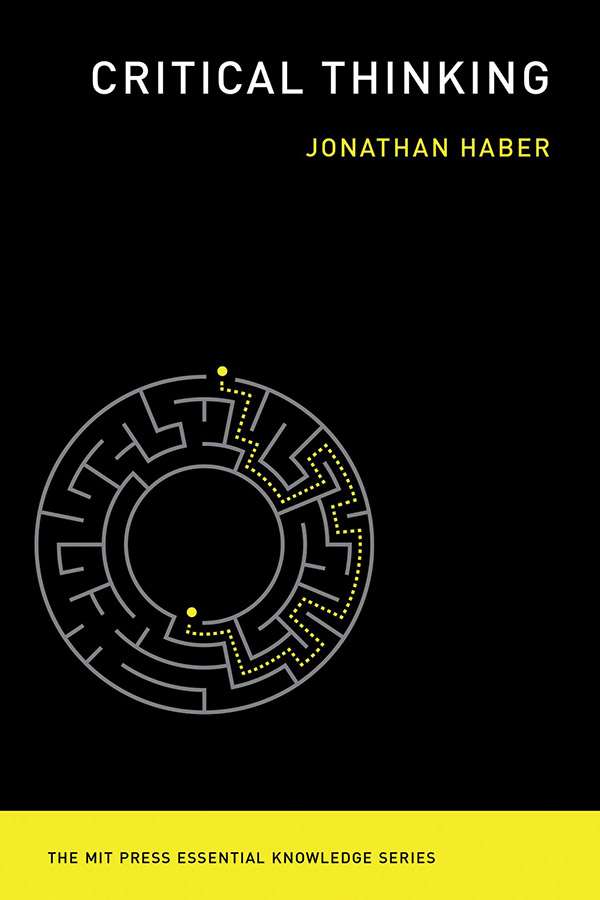
|
We might believe fake news, draw incorrect conclusions, and make decisions based on emotion rather than reason. Viewing critical thinking from philosophy, psychology, and science, this newest edition explains how the concept of critical thinking emerged, how it has been defined, and how critical thinking skills can be learned and assessed. It is, for sure, a great book for your personal growth.
Highlights include "John Dewey" (in ch. 1), Components of critical thinking (ch. 2), "Can critical thinking be taught?" (in ch. 3) and "Can critical thinking be assessed?" (in ch. 3).
|
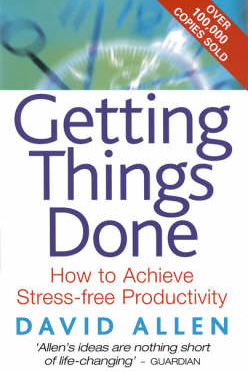
|
This book by David Allen is an absolute classic in the area of time management. It adopts a no-nonsense approach to the topic and offers a lot of hands-on advice.
Interesting sections in the book include: "Managing E-mail-Based Workflow"; "Updating Your System"; and "Why Bright People Procrastinate the Most". Here are some specific advice about how to be efficient: "The categories [of things to organize] must be kept visually, physically, and psychologically separate. / If you put reference materials in the same pile as things you still want to read, for example, you'll go numb to the stack." "[A]ll you really need is lists and folders." "The dark side of 'collaborative cultures' is the allergy they foster to holding anyone responsible for having the ball."
|
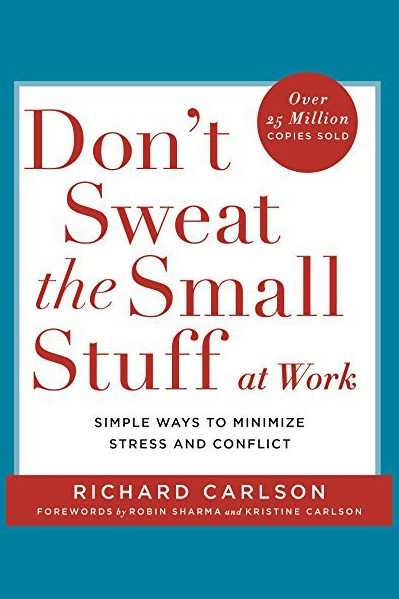
|
This book by Richard Carlson is a series of 100 vignette-like chapters, each about a different aspect of managing one’s psyche at work.
The chapters have largely self-explanatory titles: Don't Keep People Waiting; Avoid Comments that Are Likely to Lead to Gossip or Unwanted Chatter; Don't Sweat Your Critics.
|
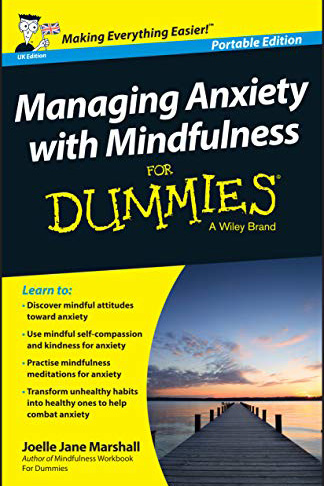
|
This book, which offers an interesting intersection between anxiety and mindfulness, starts out with explaining anxiety and the different forms it can take. It then proceeds to simple and quick mindfulness exercises. Each chapter delves progressively deeper into the topic of mindfulness, with two summary chapters, titled "Ten Simple Mindfulness Exercises for Managing Anxiety" and "Ten Mindful Attitudes for Easing Anxiety", at the end. Mindfulness may not attract everyone, but for those wanting to know more about the topic, this book will serve as a gentle introduction.
|
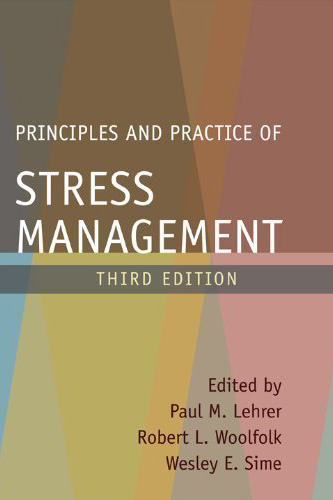
|
This work approaches the topic of stress management from an academic angle, for those interested in the topic from a psychological perspective.
The bulk of the book goes over different methods of stress management: muscle relaxation; hypnotic methods; biofeedback; breathing retraining and exercise; methods based on Eastern meditative and therapeutic disciplines; cognitive methods; and other methods. Despite its serious appearance, the book is full of specific, practical information, going into plenty of detail.
|